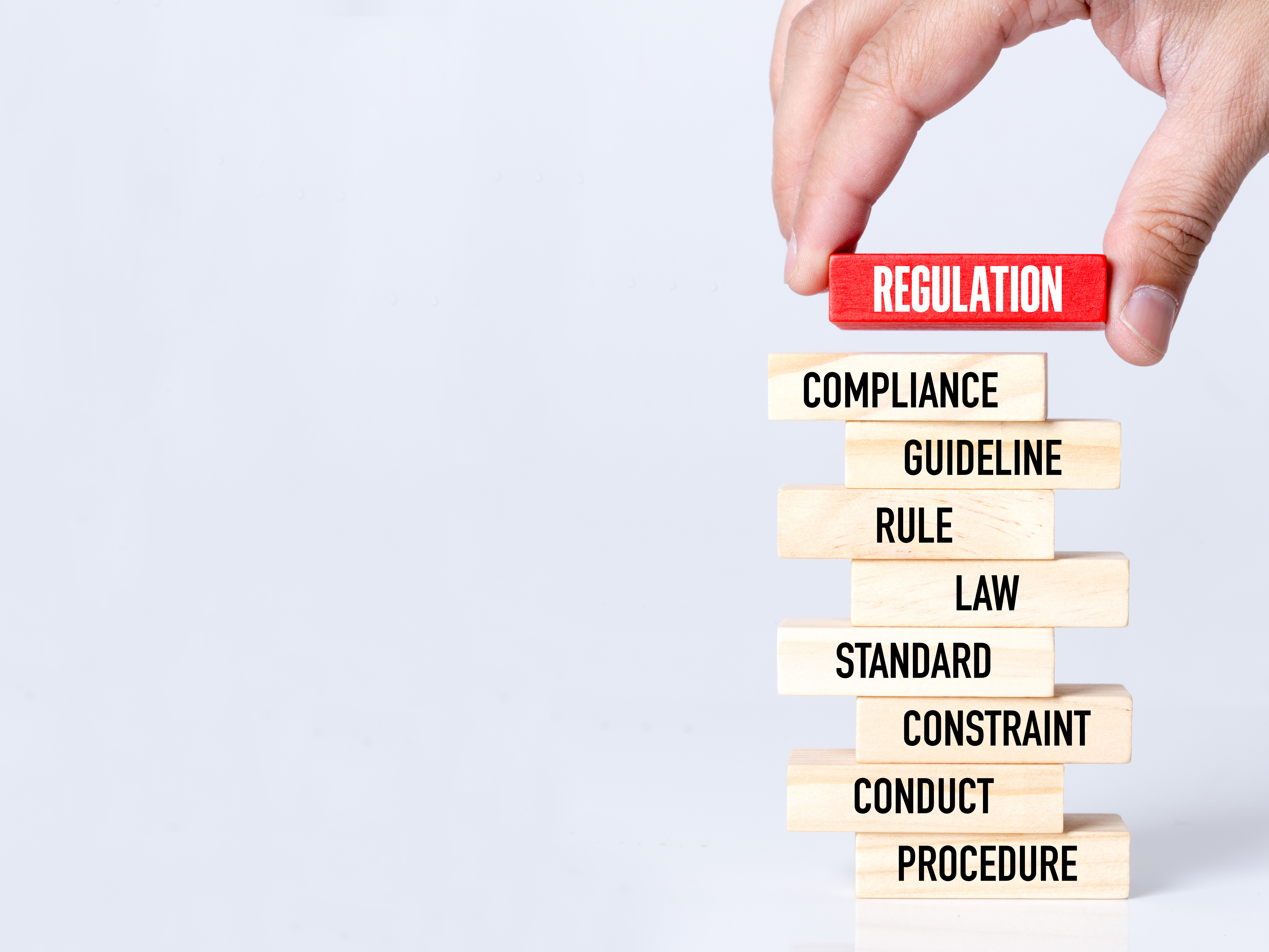
Posted May 18, 2023
By Ray Blanco
Attempting AI Regulation
Essential. Oppressive. Futile.
These are the most common takes when it comes to addressing the regulation of artificial intelligence.
While almost everyone agrees that the enormous leaps the technology has taken recently have the power to be extremely disruptive to the job market, cybersecurity, and even our personal safety.
However many view regulation as trying to put the genie back in the bottle.
Or possibly putting America at a disadvantage against other countries, like China and Russia, at developing our own AI technologies.
Unsurprisingly, US lawmakers have been slow to address the issue.
Originally unveiled to the public in November of last year, ChatGPT has already had a major upgrade. While competing AI chatbots like Google’s Bard and Microsoft’s improved Bing search have already hit the scene.
Congress is only now beginning to lay the groundwork for potential AI oversight.
What is surprising is who is leading the movement to place strict rules and restrictions on artificial intelligence development.
Sam Altman, chief executive officer of ChatGPT’s creator, OpenAI, met with several members of Congress this week to stress the importance of controlling such a powerful technology. Reportedly requesting “guardrails” for its development.
Altman said that AI programs that were “above a certain scale of capabilities” should be licensed.
Who would issue these licenses?
A newly created federal agency, of course. This agency would also be in charge of setting the standards that would require a license, and of course would hold the right to revoke these licenses.
Senator Richard Blumenthal, who headed the committee, argued the need for oversight, specifically stressing AI’s ability to disrupt elections. During the hearing, he said…
“Too often we have seen what happens when technology outpaces regulation, the unbridled exploitation of personal data, the proliferation of disinformation. This is not the future we want.”
Except Senator Blumenthal did not say this. In fact, he didn’t even write it. The real Senator followed up this recording of what was seemingly his voice with…
“If you were listening from home, you might have thought that voice was mine and the words from me. But in fact that voice was not mine, the words were not mine, and the audio was an AI voice cloning software trained on my floor speeches.”
Fighting The Tide
During this hearing, there were many voices speaking against regulation.
Christina Montgomery, Chief Privacy & Trust Officer at IBM, was opposed to forming a new federal agency to control AI development.
Republican Senator Josh Hawley said…
“Having seen how agencies work in this government, they usually get captured by the interests that they’re supposed to regulate”
The hearing drew lots of attention from other key figures in AI, with the Computer & Communications Industry Association, which includes Google and Amazon, warning against “creating additional layers of bureaucracy.”
Eric Schmidt, the former CEO of Google, was quoted in a recent interview…
“Anybody who proposes a government review commission that would have to approve things is talking about a regulatory body with an awful lot of rules that we don’t know how to write right now”
Schmidt advocates for addressing the specific threats that AI poses, as opposed to regulating the development of the technology.
Overall, these concerns mostly address the ineffectiveness of potential regulation. However, there is just as much concern about regulation being overly effective.
Especially when it comes to us falling behind our foreign competition.
Even Altman recognizes that pulling the brakes on AI development would need to be a global effort, similar to the International Atomic Energy Agency which addresses nuclear safety.
Considering the late start and typically slow pace of Congress, new laws slowing down the march of AI’s progress is probably an unfounded fear.
Co-founder of Anthropic, Jack Clark offered this insight…
“The challenge is that in artificial intelligence, the capabilities of these systems are growing faster than our own availability as researchers to evaluate them”
For the time being, the Biden administration has said that existing laws will be applied to all aspects of AI, including lending, employment, fraud, and competition.
What are your thoughts? Do you think the benefits of AI regulation outweigh the harm? What would it take to form a global coordinated effort to limit its development? Is a dedicated federal agency necessary? Let us know at feedback@technologyprofits.com.

